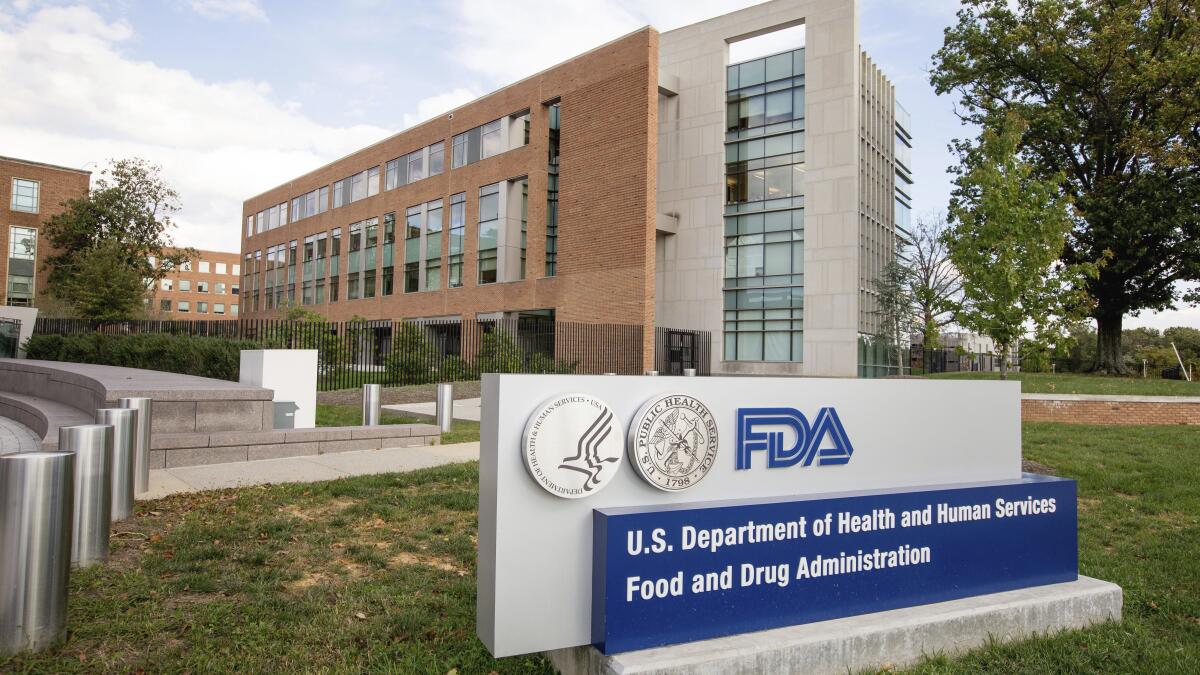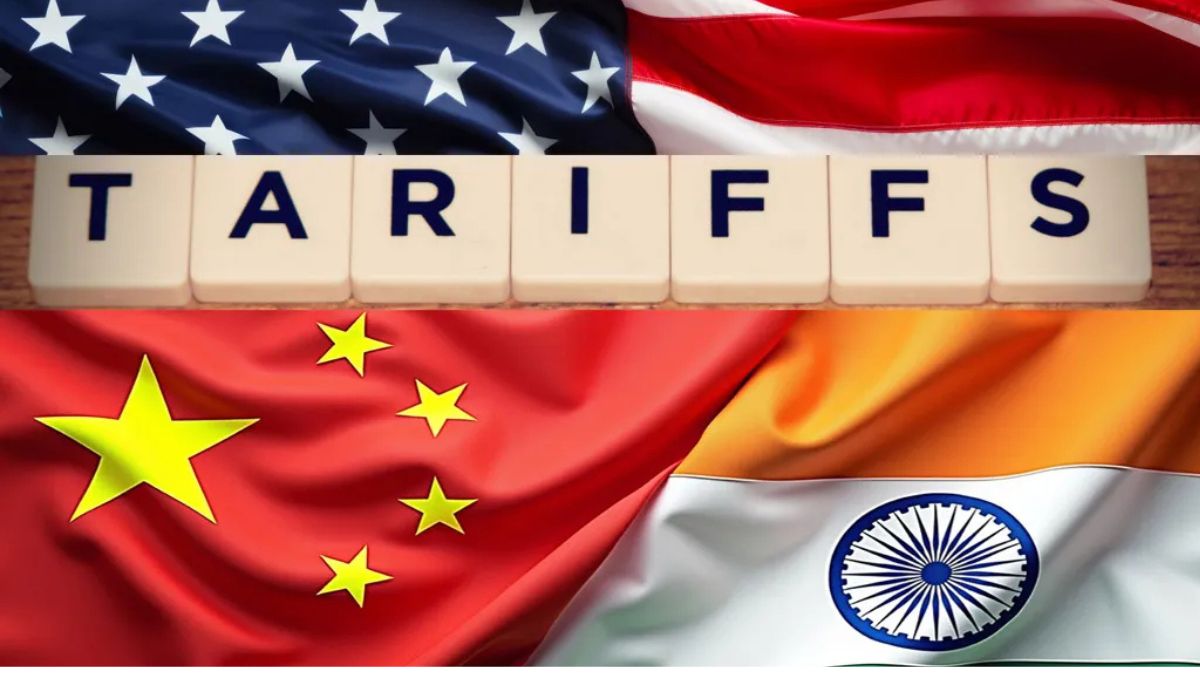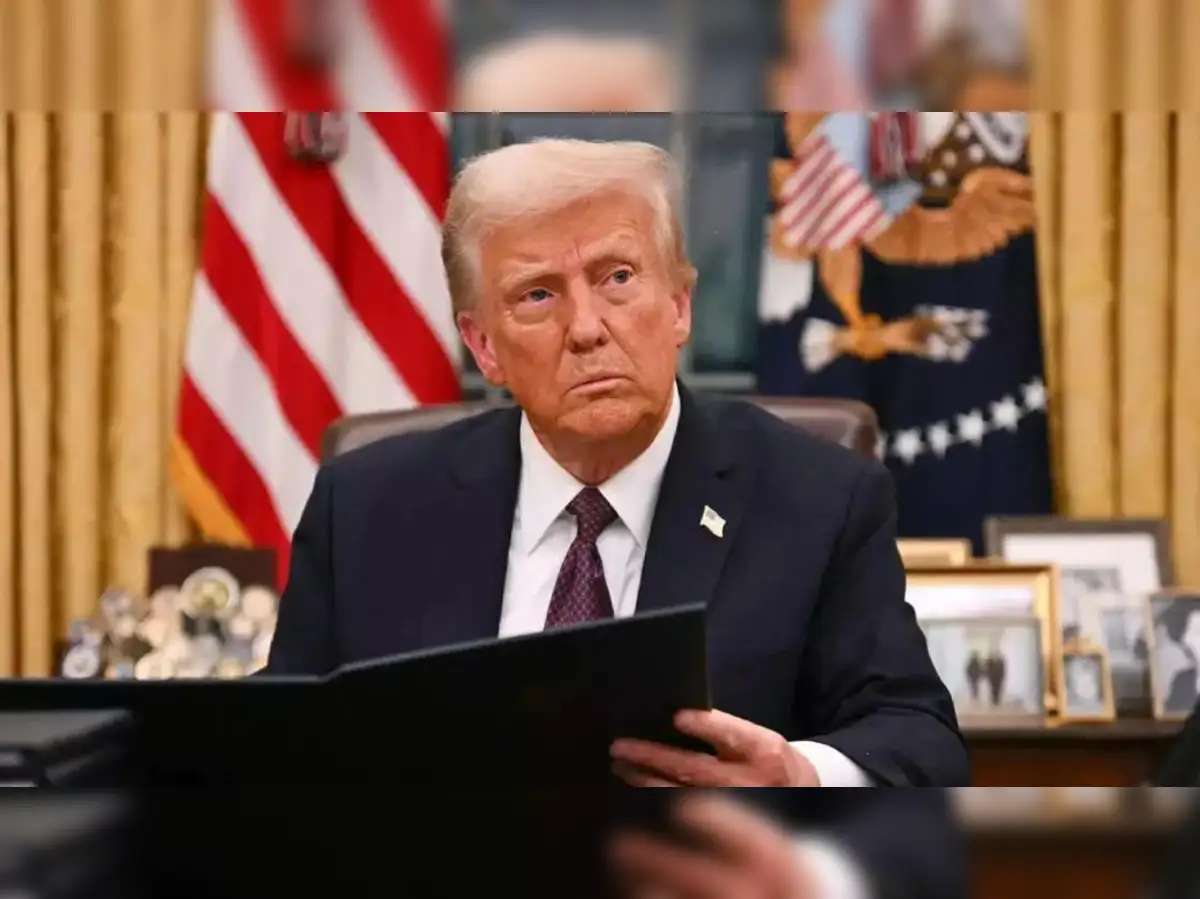
The Battle for Universal Health Coverage
Universal Health Coverage (UHC) has emerged as a cornerstone in global health initiatives, aiming to ensure that all individuals have access to quality health services without suffering financial hardship. However, this noble goal has faced significant opposition from entrenched interests within the private healthcare sector. A recent study highlighted by study reveals private healthcare lobby’s disinformation campaign against UHC published by News-Medical, sheds light on the strategies and tactics used to oppose efforts aimed at expanding access to health services worldwide.
The Private Healthcare Sector’s Hidden Agenda
Private healthcare corporations and interest groups have a clear motive: protect their economic interests and maintain market dominance. While they often promote themselves as providers of high-quality, innovative treatments, their underlying agenda can sometimes undermine publicly funded health systems. These entities have historically resisted initiatives like UHC, fearing competition and loss of profit margins. The recent study uncovers the multifaceted disinformation campaigns orchestrated by these private sector actors to sway public opinion and policy decisions.
Disinformation Tactics Employed
The disinformation campaign involves multiple strategies, including but not limited to:
- Spreading misinformation about UHC’s efficacy: Private sector advocates often claim that UHC leads to decreased quality of care, longer wait times, and reduced innovation. This narrative aims to undermine trust in publicly funded systems.
- Creating doubt about government management: Campaigns propagate the idea that government-led health systems are inefficient and corrupt, to justify private sector dominance.
- Misrepresenting research and data: Selectively presenting data to highlight negatives of UHC while ignoring comparative benefits.
- Influencing policy through lobbying and funding:** Heavy financial investments are made in lobbying efforts, think tanks, and media outlets to craft favorable legislation and public opinion.
- Leveraging media and advertising: Utilizing sophisticated marketing campaigns to sway perceptions and obscure the benefits of universal coverage.
The Impact of Disinformation on Public Perception and Policy
The proliferation of misinformation adversely affects public support for UHC efforts. When the narrative is dominated by false claims and manipulated facts, it becomes challenging for policymakers to enact reforms necessary for comprehensive coverage. The disinformation campaigns often lead to increased skepticism, opposition from powerful private health interests, and stagnation or rollback of reforms aimed at expanding access.
Case Studies and Real-world Examples
Several countries and regions have experienced the repercussions of private sector disinformation campaigns:
- Country A: Faced intense lobbying by private insurers who falsely argued that UHC would worsen care quality, leading to delays in implementing reforms.
- Region B: Initiatives were thwarted by covert campaigns highlighting supposed government inefficiency, despite clear evidence of improved outcomes under publicly funded health systems.
- Global Level: International organizations have sometimes been targeted with misinformation campaigns to dissuade universal health initiatives, often by exploiting fears around costs and bureaucratic control.
The Role of Public Awareness and Counter-Strategies
Counteracting disinformation requires strategic communication, transparency, and engagement with the public. Health advocates and policymakers must prioritize:
- Dissemination of factual information: Sharing evidence-based research on the successes of UHC models worldwide.
- Transparency in policymaking: Ensuring public access to policy debates, funding sources, and health system performance data.
- Community engagement: Involving local communities in health system planning and decision-making to foster trust and buy-in.
- Regulation and oversight: Implementing strict regulations on lobbying and campaign contributions from private healthcare entities to limit undue influence.
- Building alliances: Creating coalitions of governments, NGOs, health professionals, and the public to resist disinformation efforts.
Conclusion: Defending Universal Health Coverage
The integrity and universality of health coverage are vital for achieving equitable health outcomes globally. The recent revelations about private healthcare lobby’s disinformation campaigns serve as a stark reminder of the challenges faced in health reform efforts. As stakeholders, it is crucial to recognize these tactics and respond with informed, transparent, and compassionate strategies. Only by fostering a well-informed public and resisting manipulative campaigns can we hope to realize the goal of accessible, high-quality health services for all.
In the ongoing struggle for health equity, awareness is our most powerful weapon. We must stay vigilant, critically evaluate information, and support policies that prioritize public health over profit.
For more updated news please keep visiting Prime News World.









